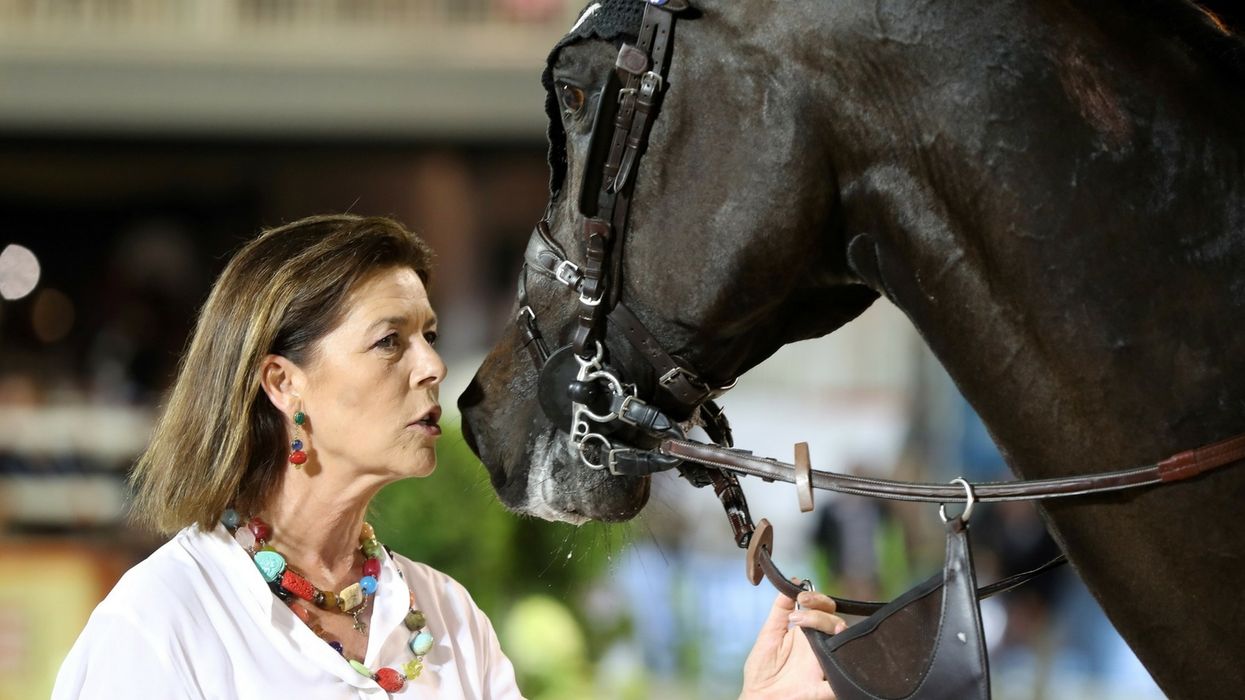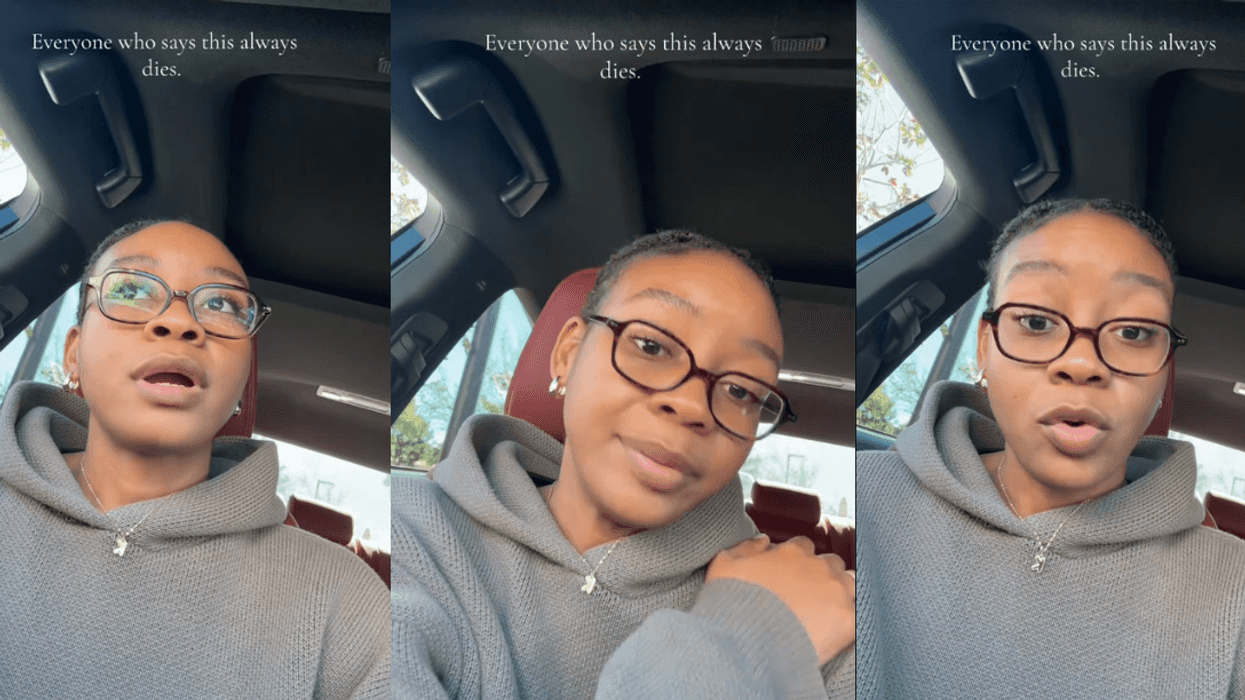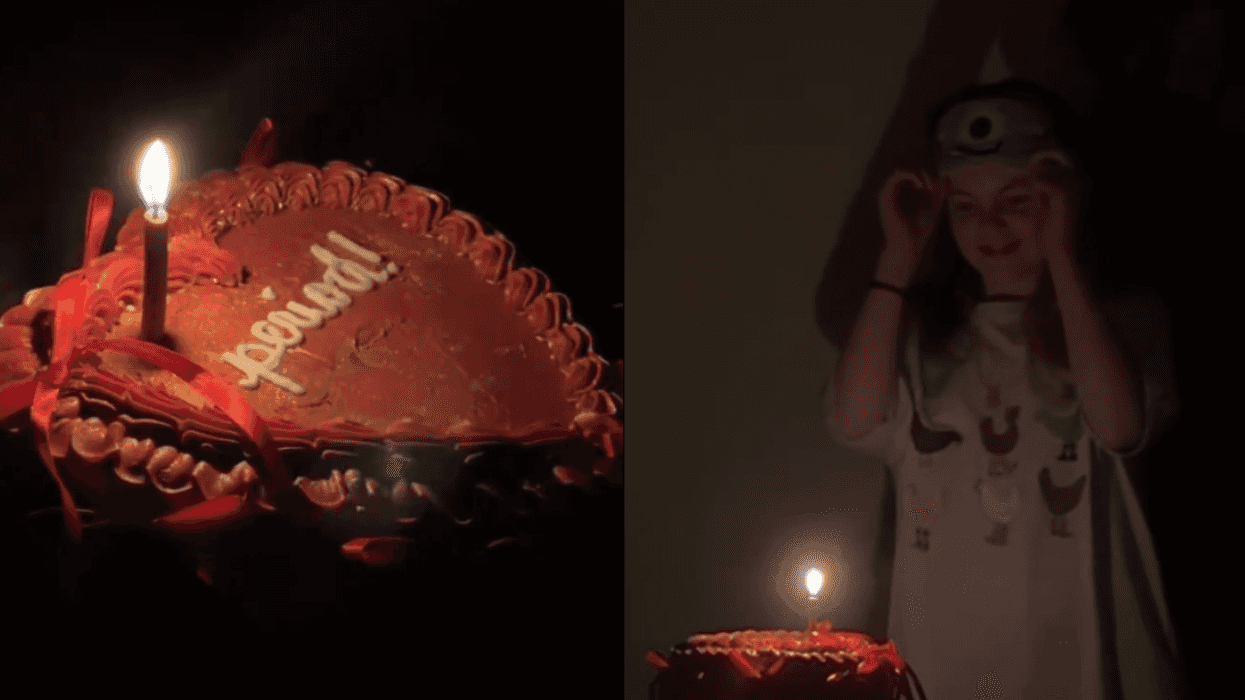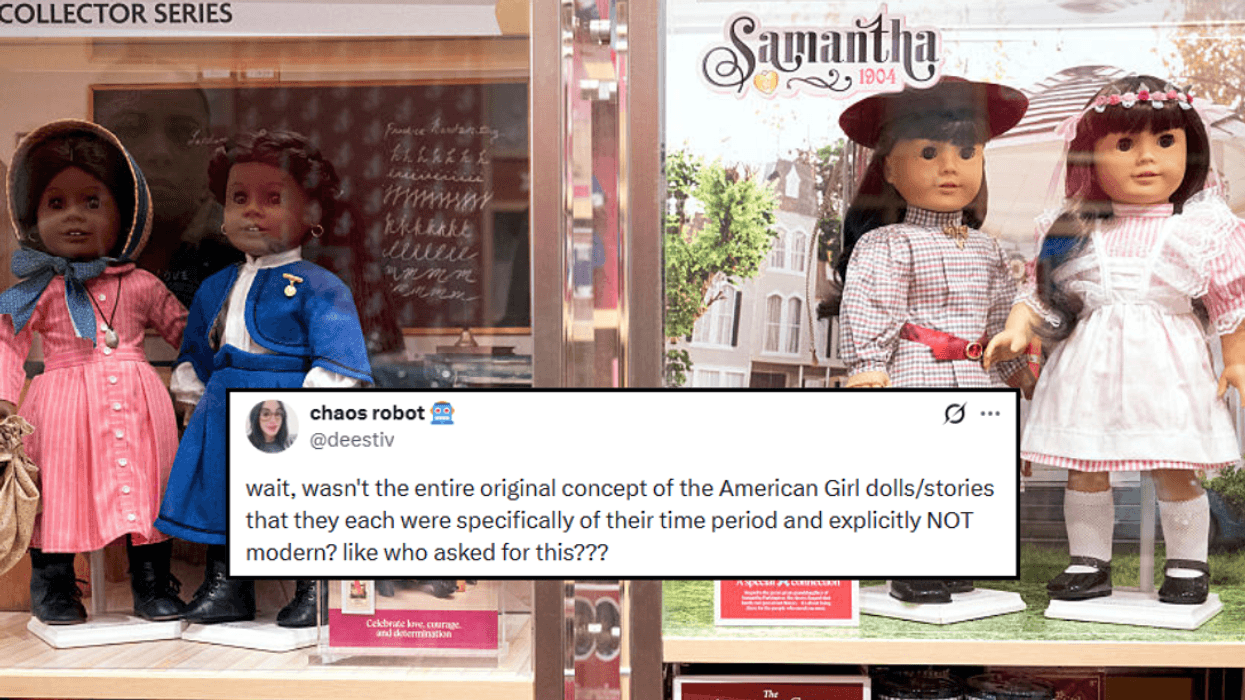Something humanity has long known in its gut has finally been confirmed by science: people should never frown at horses. Why? It turns out, according to a recent study published in Current Biology, our four-hoofed friends display not only an above average ability to display emotion, but also show a knack for interpreting and remembering human facial expressions. In other words, horses can tell when a person is frowning and that first impression might just stick.
The study, entitled Animals Remember Previous Facial Expressions that Specific Humans Have Exhibited, acknowledged "a wide range of animal species are also capable of discriminating the emotions of others through facial expressions," like dogs and chimpanzees, but admitted "it is not known whether animals can form lasting memories of specific individuals simply by observing subtle emotional expressions that they exhibit on their faces." Researchers set up a test to see whether horses would be able to form such lasting memories!
The process researchers used was fascinating. They began by exposing horses to photographs of human participants displaying an emotion. After an extended period of time alone with the photo, the horses would be taken to meet both the real-life subject of the photo, and another random person (the control), both displaying NO emotions.
As the horses were taken to meet the humans they previously knew only from a photograph, scientists payed close attention to their heart rate, levels of avoidance, and, interestingly enough, which eye the horses looked at the humans with. Previous studies have shown a horses' brain's right hemisphere (corresponding to the left eye) is the side which deals with danger, threats, and discomfort.
To the surprise and delight of the scientists, their test subjects showed significantly higher aversion to humans who they recognized as "angry" from their photographs, demonstrating that not only could the horses note a difference in human facial expression, they could also interpret them and remember which humans felt which way.
YouTube
Scientists are still working to uncover why and how horses developed these abilities. It's possible emotional recognition is an innate skill they're carrying over from their own interactions. However, researchers have some other theories to test:
Alternatively, the ability could have specifically evolved during the process of domestication or may be learned during a lifetime of experience with people.
Whatever their reason, at least we now know for certain that you should always try to be in a good mood when hanging out with a horse!
H/T - IFL Science, Current Biology
















 @LeeMerrittesq/X
@LeeMerrittesq/X @bob_moss/X
@bob_moss/X @jelanijones/Bluesky
@jelanijones/Bluesky @Aurkayne/X
@Aurkayne/X @sadcommunistdog; @froglok/Bluesky
@sadcommunistdog; @froglok/Bluesky